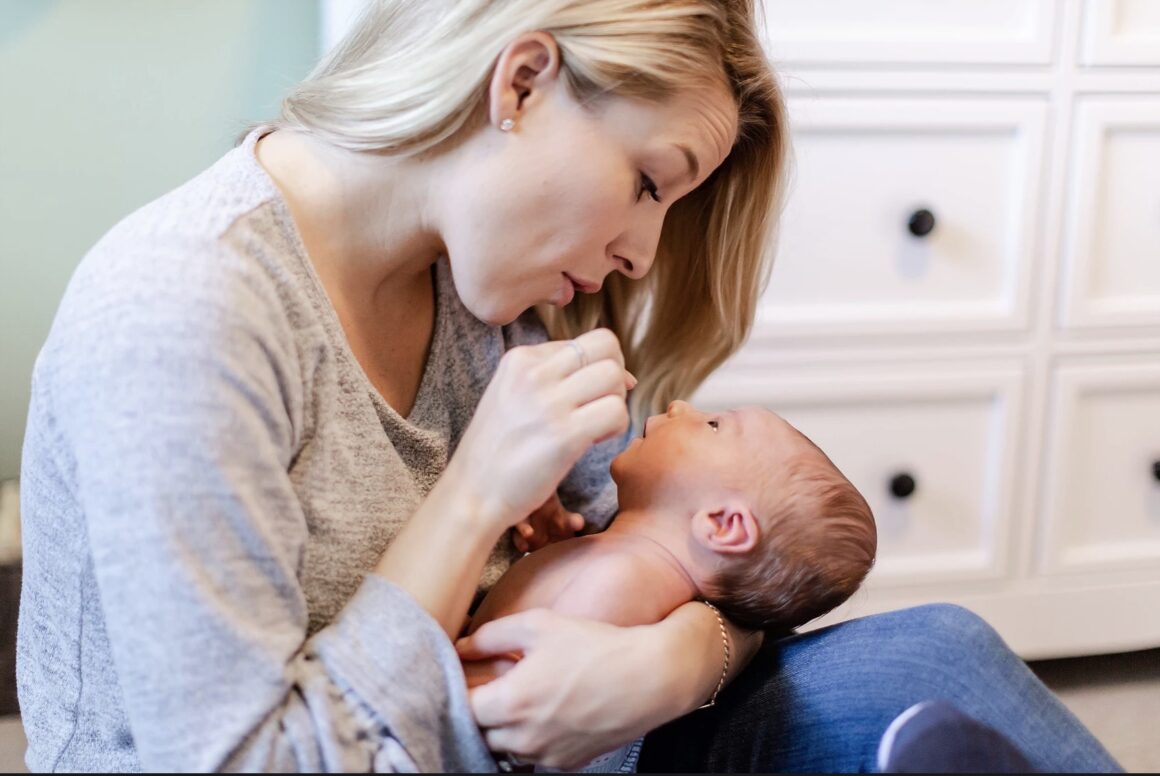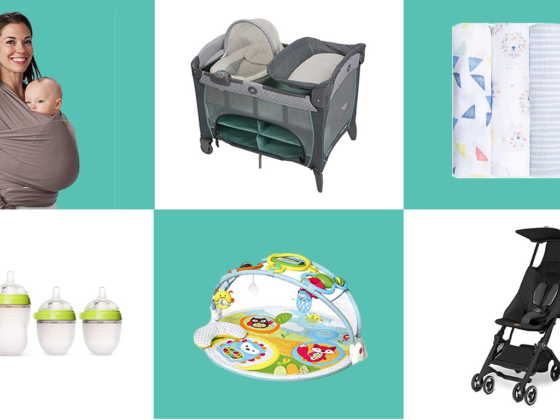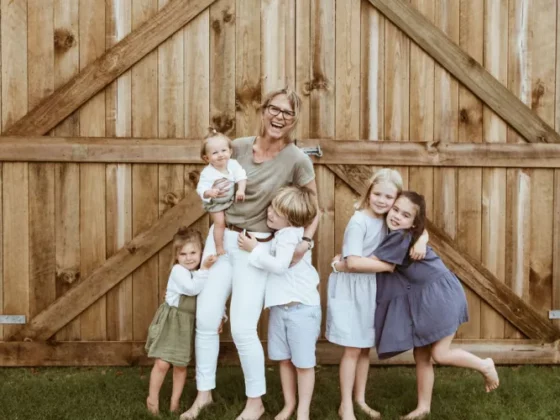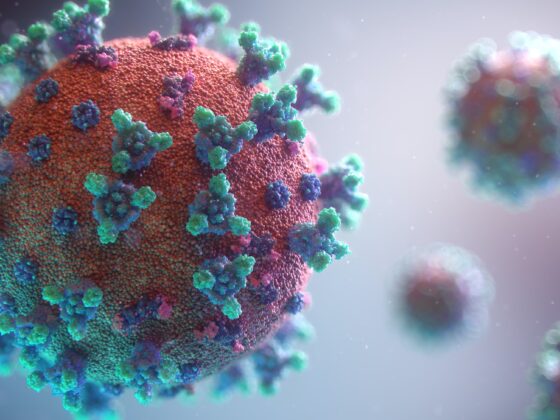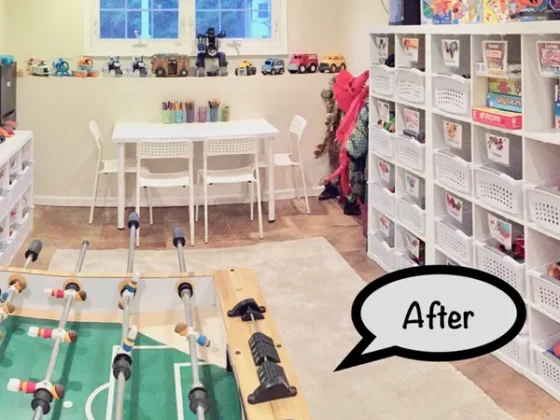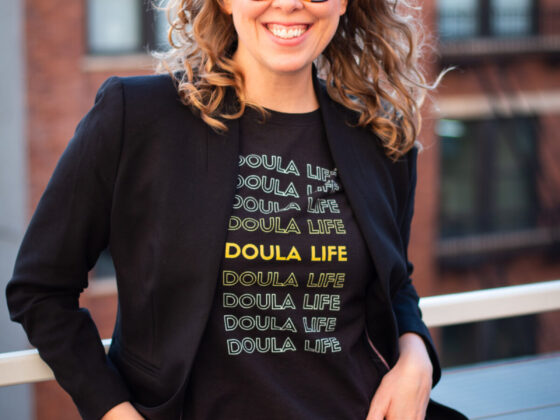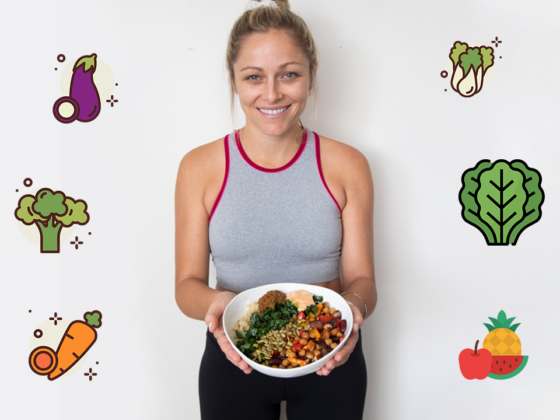You never really think postpartum depression or baby blues will happen to you. But, in this episode, Andrea and Sarah set out to normalize the feelings many women experience after having a baby and want to make sure Moms are being open and reaching out for the support they need.
Baby Blues and Postpartum Depression Look Different For Everyone
Andrea shares how baby blues isn’t one size fits all. The basic definition is that your extra weepy, emotional, or scared and then those emotions taper off. But there can be different levels and different symptoms.
Andrea in particular was dealing with a bit of an identity crisis, where she was trying to have motherhood replace all of her previous identities instead of integrating motherhood into her life.
Her husband came to her and told her he had been doing some research and that he came across the “baby blues” term and and they watched videos and learned about the topic.
Andrea realized she was definitely on a rollercoaster of emotions and some of the symptoms she was feeling were being described to her.
It was very empowering for her to have an explanation for what was going on and therefore realizing that it was okay that she wasn’t herself.
Andrea reached out to some of the Moms in her life and asked for help and support.
It was really hard for her to ask for help because it was like admitting failure, but when she used her community for support it made things much easier.
What is Baby Blues?
It’s Not Just You
You’re not the first mom to deal with these emotional ups and downs.
Up to 80% of new mothers get what’s called the “baby blues”. These are short-term dips in mood caused by all of the changes that come with a new baby.
Who is at risk for Baby Blues?
Anyone who has a baby! This is huge transitionary period in your life. If you listen to the podcast, Andrea talks about how the shift to becoming a Mom was a huge identity crisis for her. Couple this with lack of sleep and having all of your time devoted to caring for a new baby, it makes sense that you might feel a bit off.
Baby Blues is more common for a 1st pregnancy / 1st baby, but it can happen for your 2nd or 3rd even if it didn’t happen for your first.
The Difference Between Baby Blues and Postpartum Depression (PPD)
If your feelings of sadness last longer than that, or become worse instead of better, you may have what’s called postpartum depression. It’s more severe and lasts longer than the baby blues, and about 10% of women get it. You’re more likely to have postpartum depression if you’ve already had bouts of depression or if it runs in your family.
When It’s the Baby Blues
- Your mood swings quickly from happy to sad. One minute, you’re proud of the job that you’re doing as a new mom. The next, you’re crying because you think you’re not up to the task.
- You don’t feel like eating or taking care of yourself because you’re exhausted.
- You feel irritable, overwhelmed, and anxious.
When It’s Postpartum Depression
- You feel hopeless, sad, worthless, or alone all the time, and you cry often.
- You don’t feel like you’re doing a good job as a new mom.
- You’re not bonding with your baby.
- You can’t eat, sleep, or take care of your baby because of your overwhelming despair.
- You could have anxiety and panic attacks.
These Things May Happen To Your Body Postpartum
There is no one size fits all for postpartum recovery, but these are some of the things you might experience.
- Hemorrhoids are a very real thing during postpartum. Our culture of women doesn’t really talk about hemorrhoids but they are a very common side effect of pregnancy.
- Breastfeeding – Your boobs are a mess and your nipples are going to bleeding. When the milk comes down it feels like pins and needles come in. Contractions during breastfeeding and the uterus contracting is very painful.
- Tearing – The care you have to do every single time you go to the bathroom is extensive. The witch hazel, the spray, the cleansing. Going to the bathroom takes 10-15 minutes every time. We recommend ice diapers and sits baths.
What To Do If You Think You Have Postpartum Depression
Talk to your OB-GYN, your partner, or a friend. Seek help immediately. This is not something you can handle on your own, nor should you have to. If you need help, you can reach out directly to Sarah at Juna – sarah@juna.co.
Sunflower Motherhood and Postpartum Care
Andrea founded her company, Sunflower Motherhood, when she realized that Moms go home from baby showers with baskets of gifts for the baby, but nothing for the Mom-to-be.
She felt like something was missing in the market and wanted Moms to have the proper gear to be ready for postpartum recovery. Based on her research she’s put together incredible care packages. She’s also added prenatal and mom care gifts. We absolutely love these.
Andrea’s Story and Sunflower Motherhood
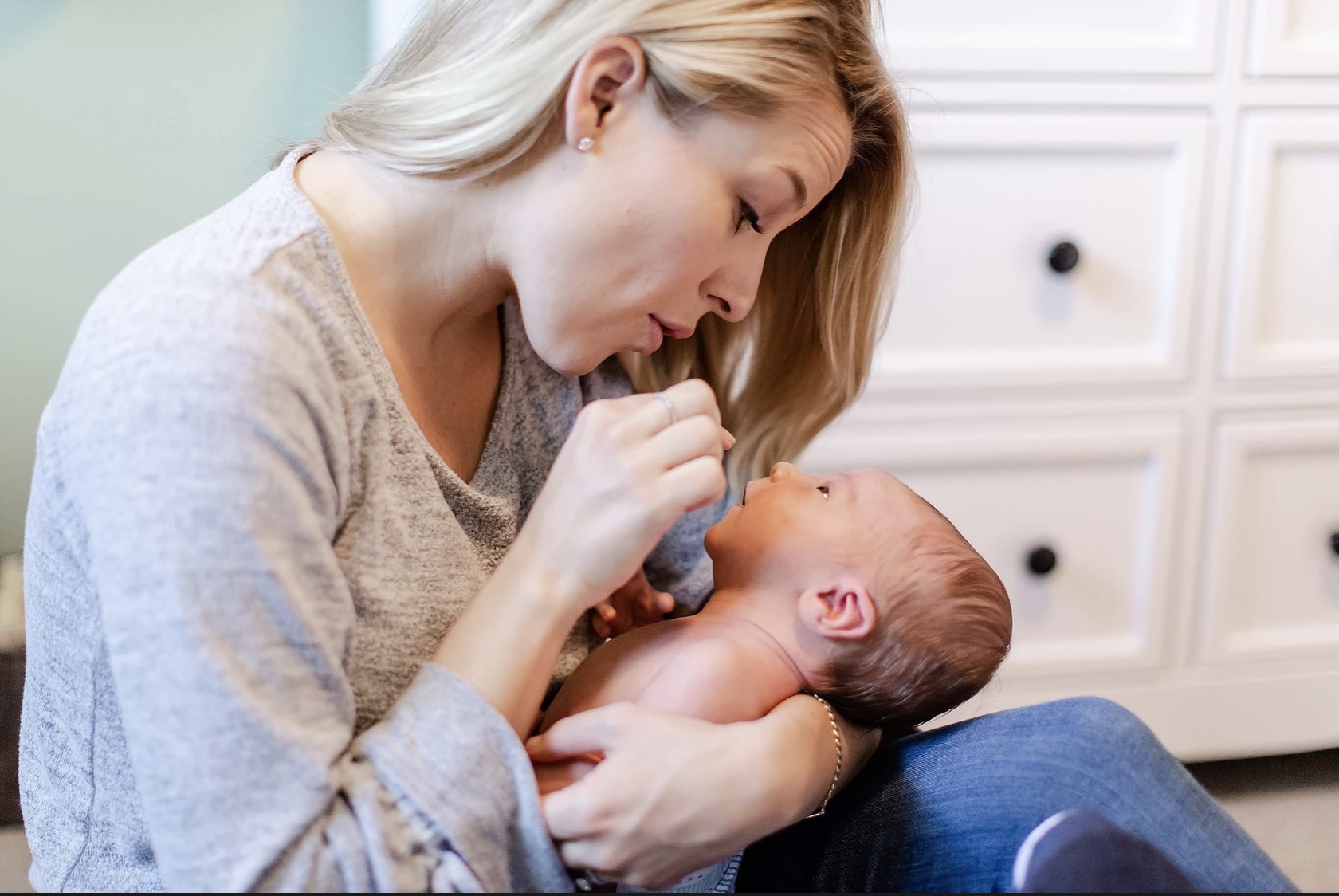 “I could not wait to become a mom. Throughout my pregnancy, I remained pretty zen, reminding myself that I could get through anything and that I was made for this.
“I could not wait to become a mom. Throughout my pregnancy, I remained pretty zen, reminding myself that I could get through anything and that I was made for this.
But after a difficult labor and delivery, my physical and mental states prevented me from accessing those mantras once I was home.
With a new baby and a fragile mind and body, I used the limited materials the hospital gave me to care for myself.
Still in extreme pain and discomfort, I searched online to see if there were additional items that would soothe me in some way. Thanks to overnight shipping I slowly found relief with different products.
I wondered why the other moms in my life and I hadn’t known about these items.
And I wished I already had all of these goods at home, since the hours spent searching and waiting for relief should have been time spent with my precious newborn.
Through my postpartum reflections and conversations with other mothers, I found that there isn’t as much focus on mom after having a baby as there should be.
While I couldn’t have prepared for the emotional experience as it’s different for everyone, I could have been more prepared for the physical aspects of recovery.
I created this company to give other mamas what I wished I had and to make mom care a bigger part of newborn baby culture. Curated from one mom to another, our bundles relieve postpartum discomfort as well as encourage self care on the wild ride of motherhood.
We’re all in it together.”
Juna is a fitness and nutrition app created to help guide you through your pregnancy and motherhood journey. Everything we do is designed to empower and support you through one of the most rewarding, and challenging, times of your life. You can try it free.
Show Notes
You can connect with Andrea here on Instagram, @sunflowermotherhood
05:00 – We share our birth stories and postpartum experiences.
12:00 – Andrea talks about the “identity crisis” she had starting around day 4 of her postpartum period.
17:40 – The physical pain of postpartum period.
27:00 – Her business, Sunflower Motherhood, which provides self-care packages for mamas.
35:00 – Being open about the postpartum experience, how to ask for help, and how to help your friends during postpartum.
37:00 – How starting your business makes you question yourself and really brings out certain insecurities.
41:00 – Being an entrepreneur, burnout, and how the list of things to get done is never complete. Extreme hustle and never stopping isn’t going to make you a better Mom, better Wife, better friend, better business owner.
44:00 – The transition to Motherhood. How to assimilate being a Mom into your previous existence.
45:00 – Mom guilt and how to deal with feeling like a “bad mom”.
49:05 – Dax Shepard Podcast – Armchair Expert is one of our favorites. Especially the episode with Jason Bateman.
Subscribe to the Juna Women Podcast wherever you listen to Podcasts.
